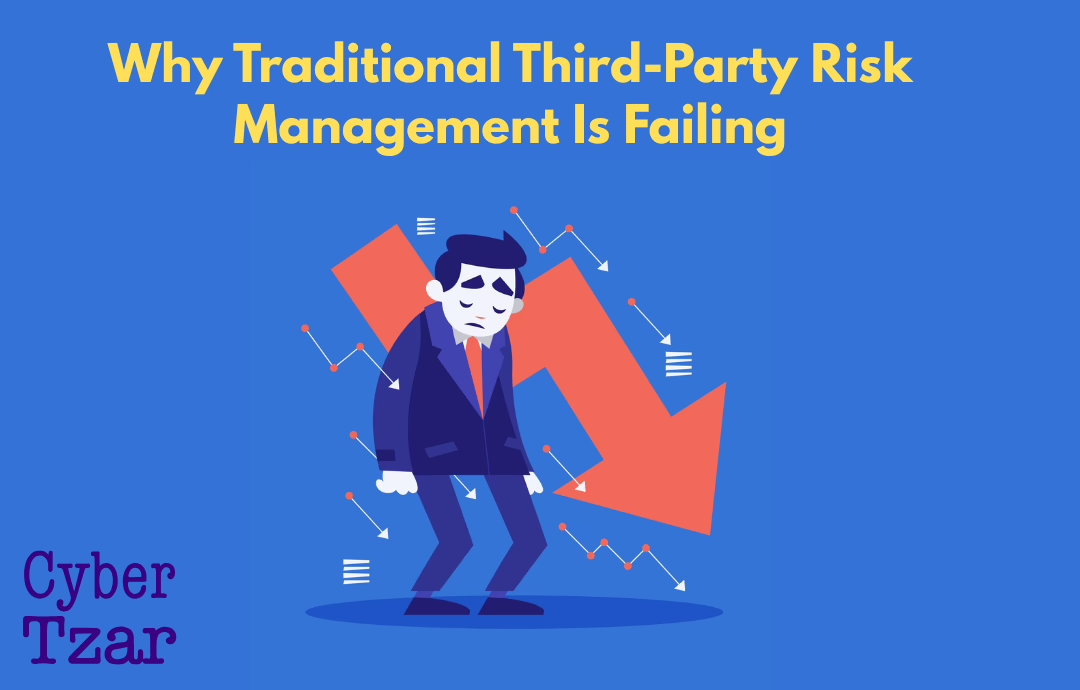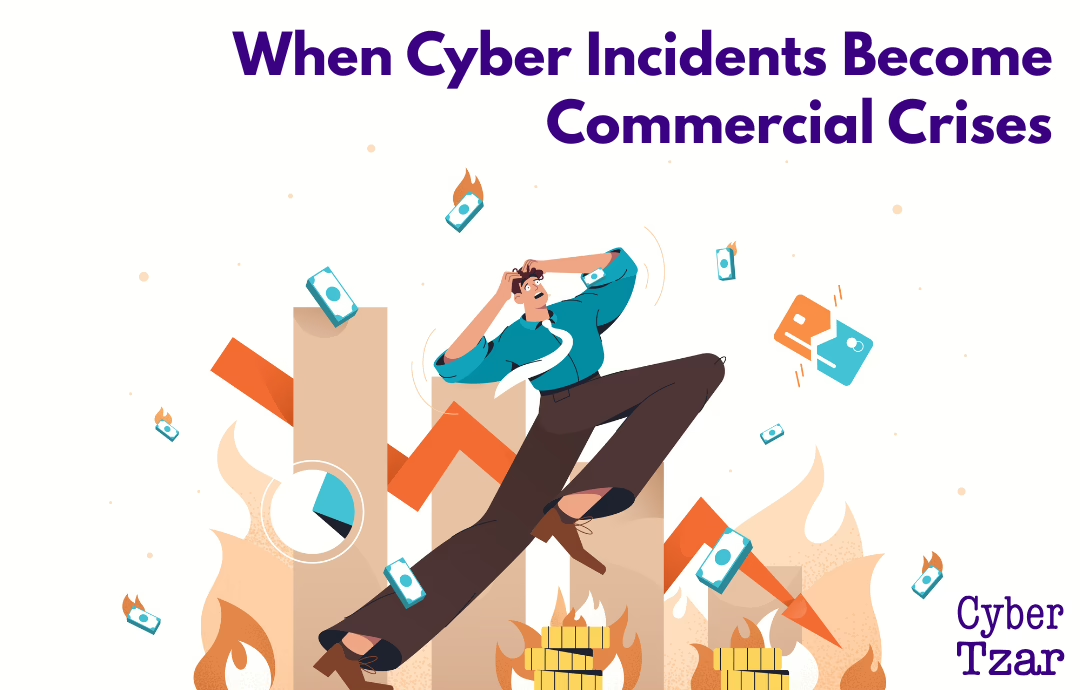The CSDDD and UFLPA: Paving the Way for New Supply Chain Regulations Like the EUFLR
In an increasingly interconnected global economy, regulatory frameworks governing supply chains are evolving at pace. Two key regulations—the Corporate Sustainability Due Diligence Directive (CSDDD) from the European Union and the Uyghur Forced Labor Prevention Act (UFLPA) from the United States—are driving change in how supply chains are managed ethically. These frameworks are also shaping the development of new legislation, such as the European Union Forced Labor Regulation (EUFLR), approved by the European Parliament in April 2024.
The CSDDD: Corporate Responsibility and Due Diligence
The CSDDD is being introduced across the EU to ensure that large corporations conduct due diligence to prevent environmental degradation and human rights violations throughout their supply chains. This directive requires businesses to tackle these issues head-on, with penalties for those failing to comply.
The UFLPA: Targeting Forced Labour
In the U.S., the UFLPA is central to efforts to eliminate forced labour from global supply chains. Its focus is on products originating from Xinjiang, China, an area linked to forced labour involving Uyghur populations. U.S. importers must provide evidence that goods from this region are not produced using forced labour, sending ripples through international trade.
The EUFLR: A New Standard for Supply Chain Integrity
The EUFLR, passed in April 2024, represents a new level of scrutiny in global supply chain governance. This regulation targets products made with forced labour, prohibiting their sale within the EU market. Unlike other frameworks, the EUFLR enforces a product-level ban and includes strict penalties for non-compliance. It builds on the CSDDD’s broader sustainability objectives while introducing tighter control over goods entering the EU.
How the EUFLR Differs from the CSDDD and UFLPA
The EUFLR stands apart from the CSDDD and UFLPA in several important ways:
- Scope of Focus:
- EUFLR: Specifically targets forced labour in supply chains globally, applying to any product linked to forced labour, regardless of industry or region.
- CSDDD: Covers a broader spectrum of human rights and environmental impacts, with a focus on due diligence across all corporate operations.
- UFLPA: Region-specific, mainly focusing on preventing forced labour linked to Xinjiang, China.
- Global Reach and Implementation:
- EUFLR: This applies to all products imported into or produced within the EU, with a global focus on forced labour practices.
- CSDDD: Targets large EU companies, addressing sustainability and human rights risks globally.
- UFLPA: Primarily affects U.S. imports and focuses on goods from Xinjiang, with an automatic presumption of forced labour unless proven otherwise.
- Enforcement Mechanisms:
- EUFLR: Imposes a ban on products found to be linked to forced labour. These goods can be seized and prohibited from entering the EU market.
- CSDDD: Relies on due diligence processes, with a focus on improving governance and sustainability but without automatic product bans.
- UFLPA: Requires companies to prove goods are free from forced labour, particularly from Xinjiang, or risk blocked imports.
- Penalties for Non-Compliance:
- EUFLR: Non-compliance can result in the seizure and prohibition of goods connected to forced labour.
- CSDDD: Companies face fines and sanctions for failing to implement proper due diligence.
- UFLPA: Goods found to be linked to forced labour are blocked from entering the U.S., posing financial and reputational risks for non-compliant companies.
In Summary
The EUFLR differs from the CSDDD and UFLPA in its specific focus on forced labour across global supply chains. The CSDDD addresses a wider range of human rights and environmental concerns, while the UFLPA focuses on forced labour from Xinjiang. However, the EUFLR introduces stricter product bans, setting a new benchmark for ethical trade and supply chain integrity.
Safeguard Your Supply Chain with Cyber Tzar
As supply chain regulations like the CSDDD, UFLPA, and EUFLR continue to reshape global trade, businesses must ensure compliance to avoid significant penalties and maintain sustainable, resilient operations.
At Cyber Tzar, we specialise in supply chain risk management, focusing on both cybersecurity and regulatory compliance. Our platform helps businesses assess risks, monitor vulnerabilities, and meet evolving regulations like the EUFLR. With tools designed to evaluate business impact and maintain a visible system of record, Cyber Tzar equips you with the insights you need to build a secure, transparent, and compliant supply chain.
Don’t be caught out by shifting regulations. Partner with Cyber Tzar to safeguard your supply chain and ensure your business is prepared for the future. Contact us today to find out how we can support your path to compliance and risk management.



